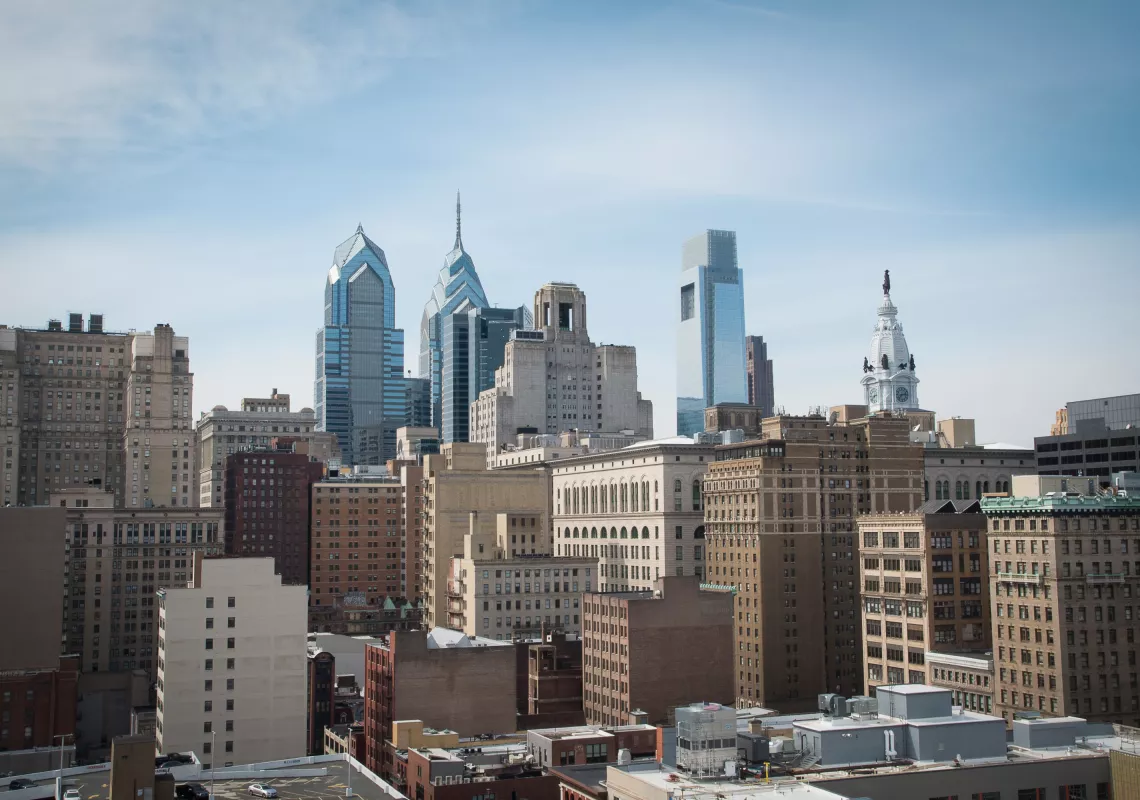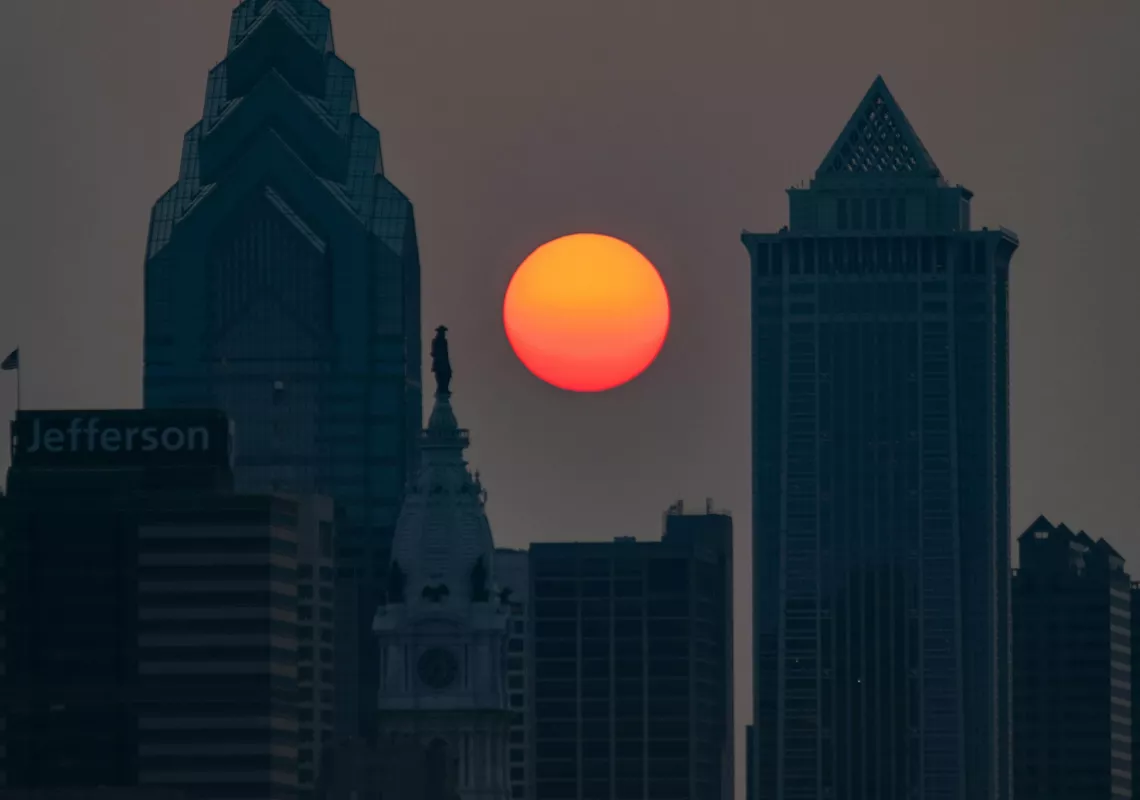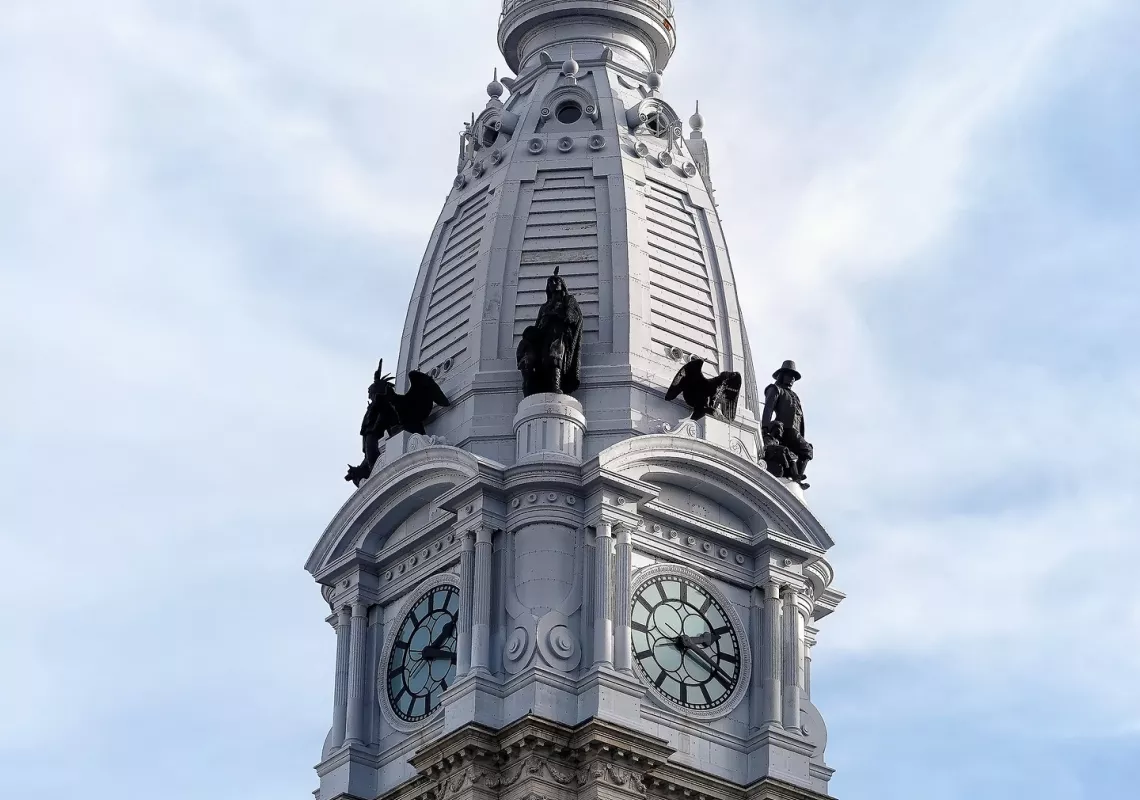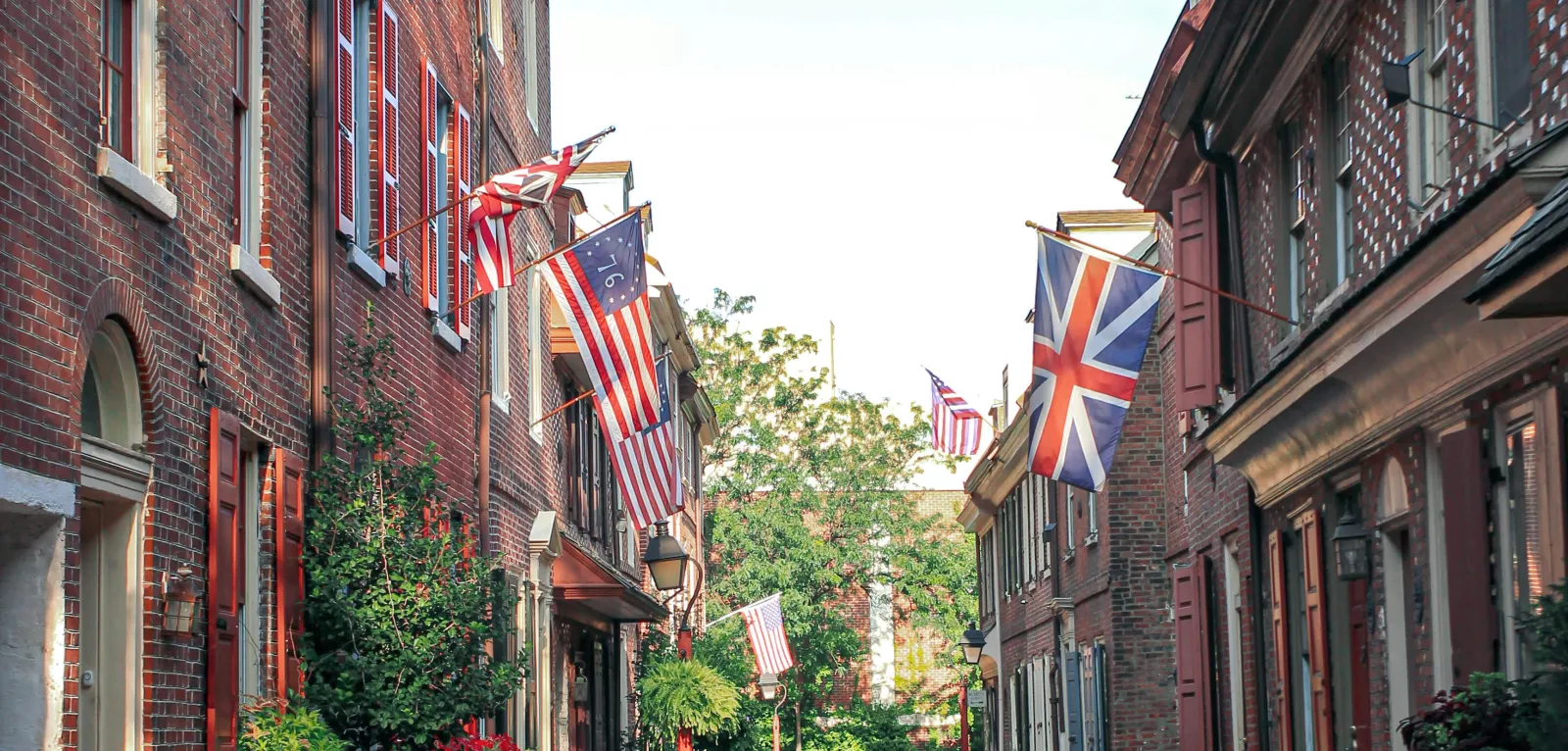
Courses
Explore Tri-Co Philly course offerings.
Students enroll in two Philadelphia-focused courses from different disciplines taught by Tri-Co faculty in Philadelphia.
Fall 2026 Courses
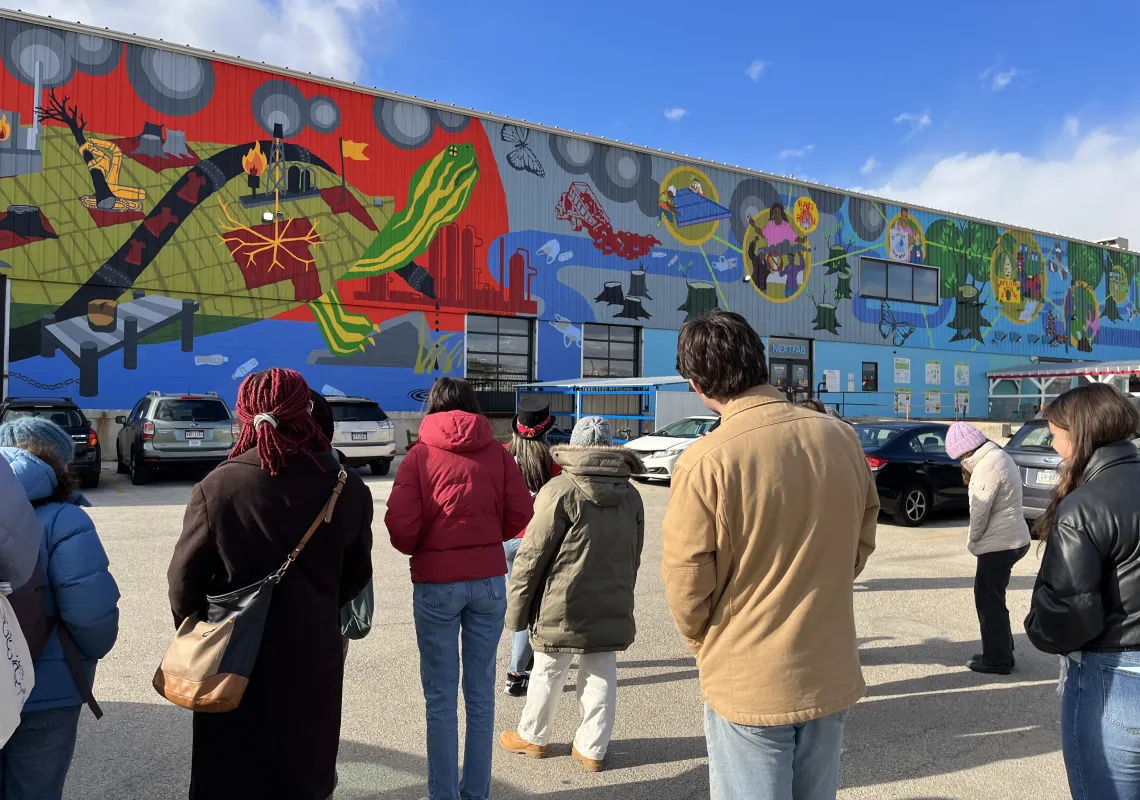
Tri-Co Philly: Ecologies of Cooperation: Modeling Participation and Ecological Practice Through Philadelphia-Based Arts, Culture, and Environmental Co-Operatives
Ecologies of Cooperation is an interdisciplinary TriCo Philly course that explores how visual arts, the humanities, and cooperative organizing shape contemporary ecological thought and practice in an urban context.
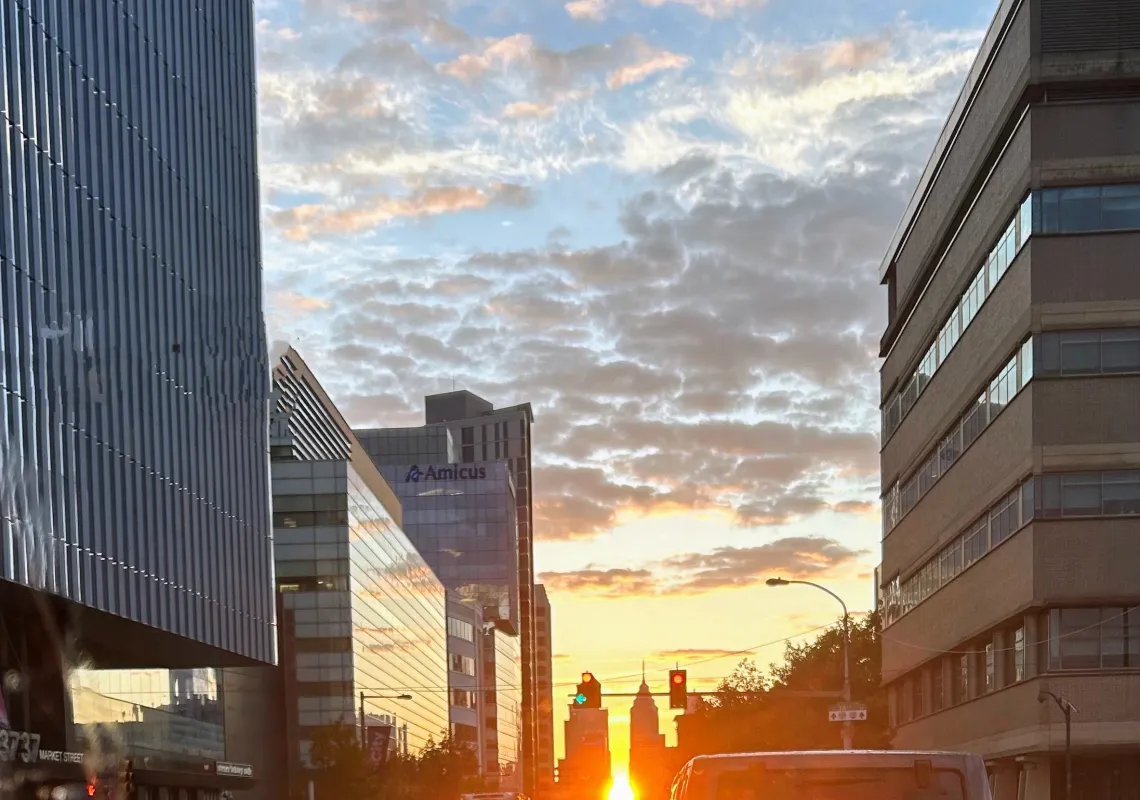
Tri-Co Philly: Biostatistics: Data, Health and Ethics in Philadelphia
This course introduces biostatistics through the public health and medical landscape of Philadelphia. We explore how data are used to understand health outcomes, evaluate interventions, and inform policy in urban settings.
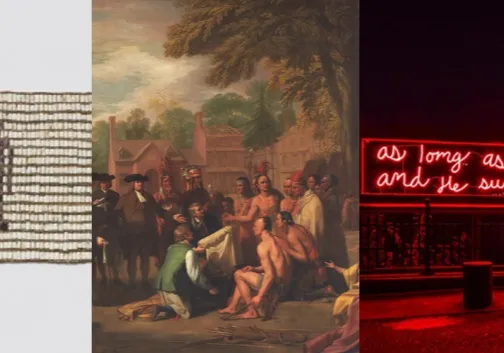
Tri-Co Philly: Art and Culture of Indigenous Philadelphia: From Shackamaxon to the Present
This course will explore the ongoing and active Indigenous presence in Philadelphia, by examining the visual and material histories of Indigenous communities, artists, and leaders of present-day Philadelphia and its surrounding ancestral territories, from pre-contact to the present.
Spring 2026
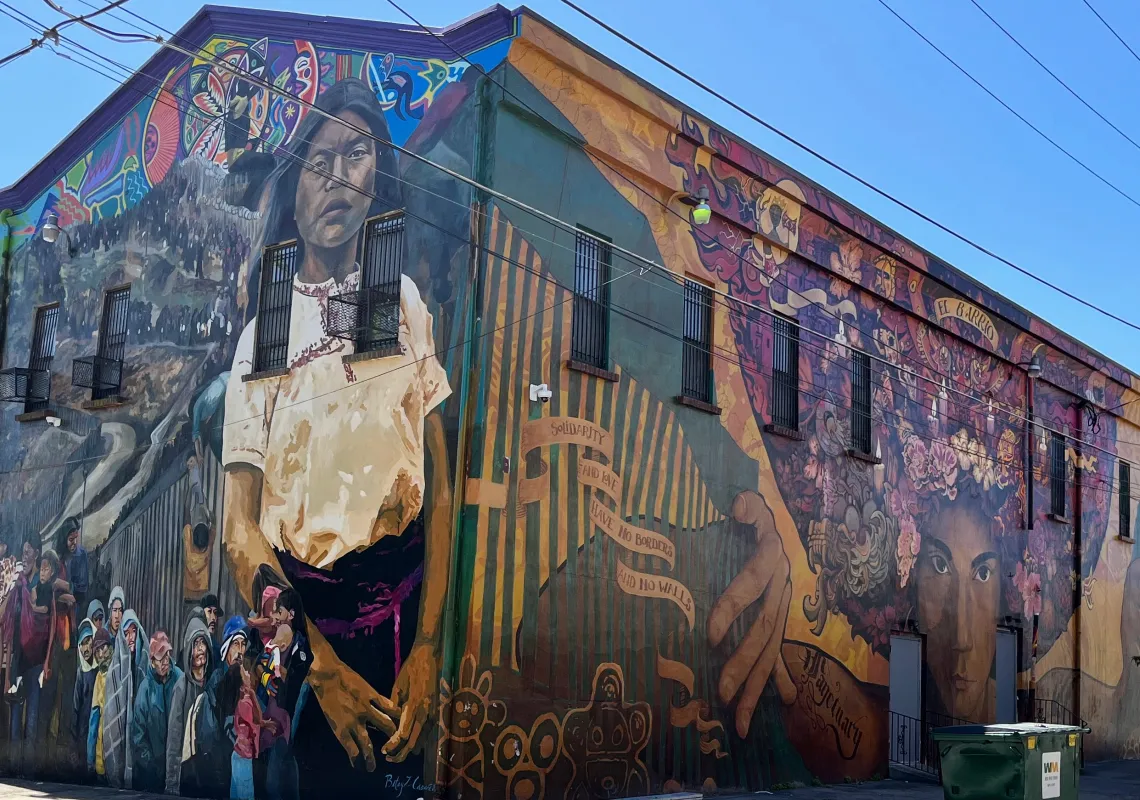
Tri-Co Philly: A Sociological Journey to Immigrant Communities in Contemporary Greater Philadelphia
This course will use the lenses of sociology to critically and comparatively examine various immigrant communities that historically, economically, politically, and socially have shaped the city of Philadelphia.
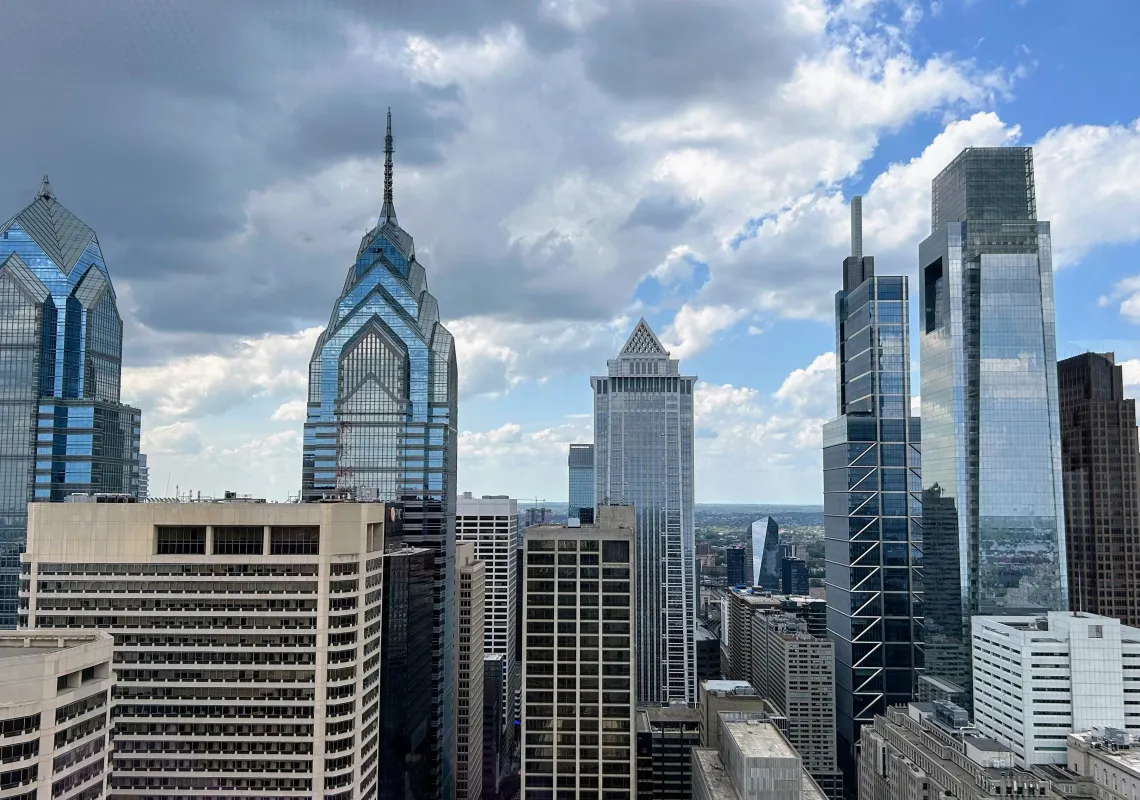
Architecture and Urbanism of Philadelphia
This course will proceed from two basic assumptions: that the built environment, as a cultural product, is a rich archival record; and that architecture and urbanism are not born complete but made by people through discussion, debate, contingency, use, and reuse.
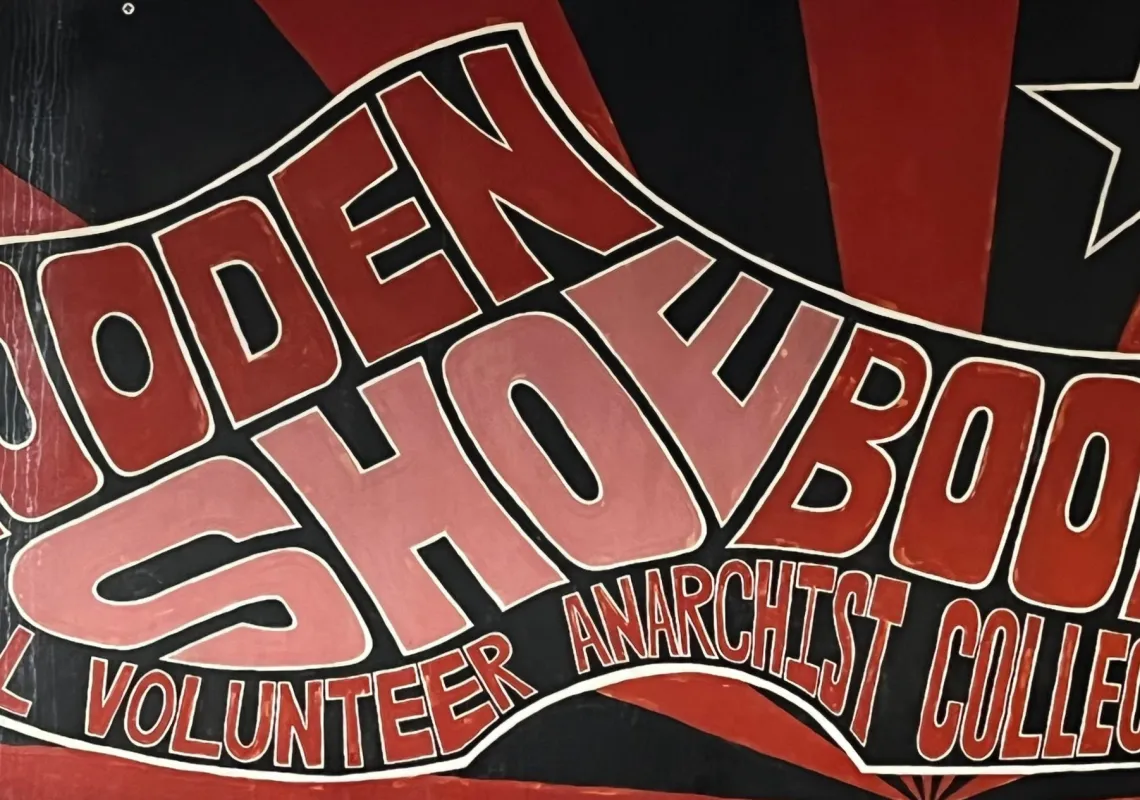
Literary Philadelphia – A Collective Exploration
Philadelphia is a vibrant literary city - and one without a single, monolithic literary center of gravity. In this class, taught by novelist, poet, and Swarthmore Visiting Assistant Professor of Creative Writing, Moriel Rothman-Zecher, students will have a chance to get to know, and contribute to, Philadelphia's vibrant literary culture.
Fall 2025

Tri-Co Philly: Heat and Health: Design Action Lab
This transdisciplinary and community-engaged course focuses on challenges of responding to extreme heat in Philadelphia. Site visits, guest speakers, readings, and community-driven research will deepen students’ understanding of the intertwined social, economic, health, and environmental challenges facing Philadelphia in a warming world.
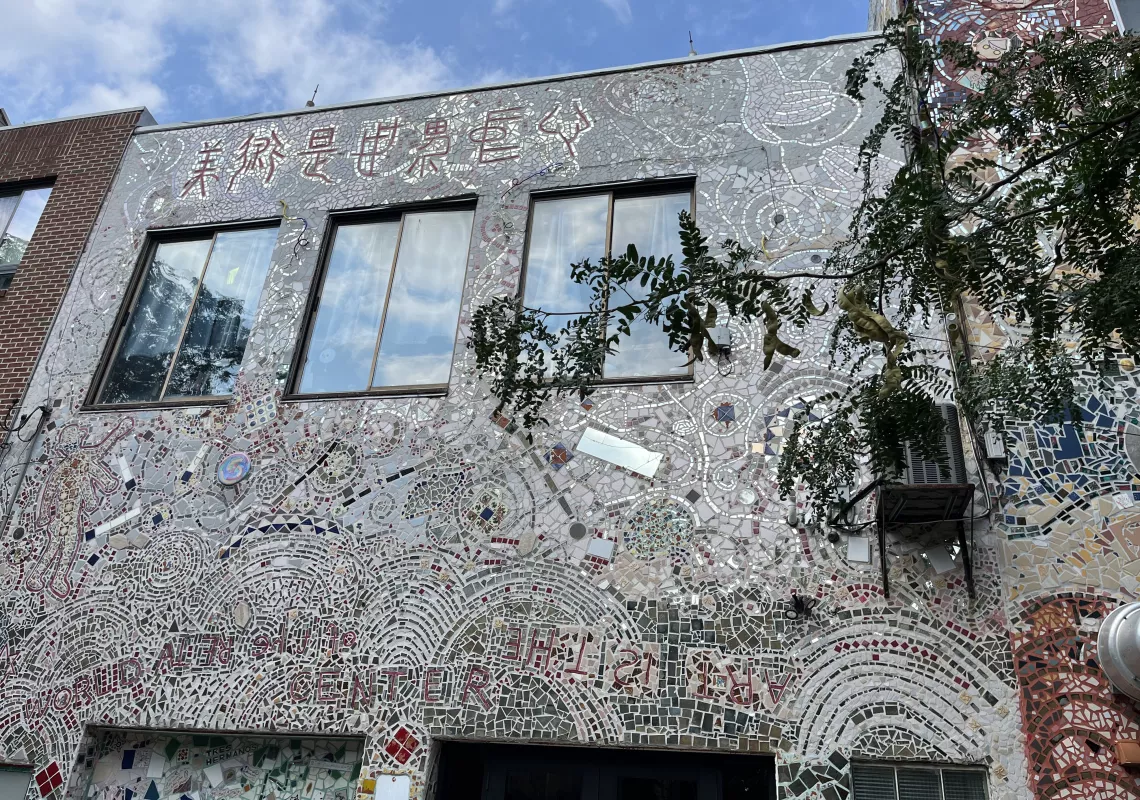
Tri-Co Philly: Contemporary Art & Film in Philadelphia
This course will explore the vibrant contemporary art world of the city of Philadelphia—a city uniquely positioned to attract artists with its many top-tier fine art schools, world-class museums, relatively affordable living and studio spaces, and thriving network of artist-run galleries and exhibition spaces.
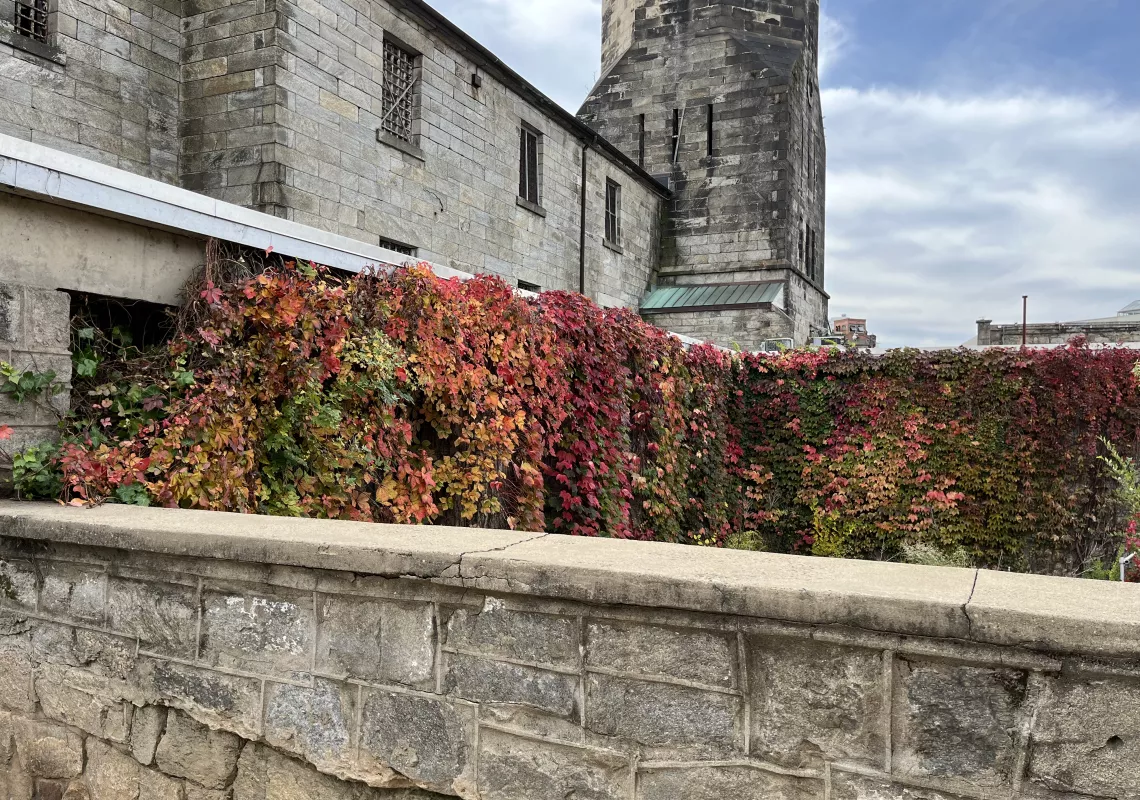
Tri-Co Philly: Philadelphia the Global City: The Italian Legacy across Time
This course investigates the history and evolution of Philadelphia as a globalized and multi-ethnic city, using as a case study for this analysis the impact and legacy of transnational Italian culture across the centuries.
Spring 2025
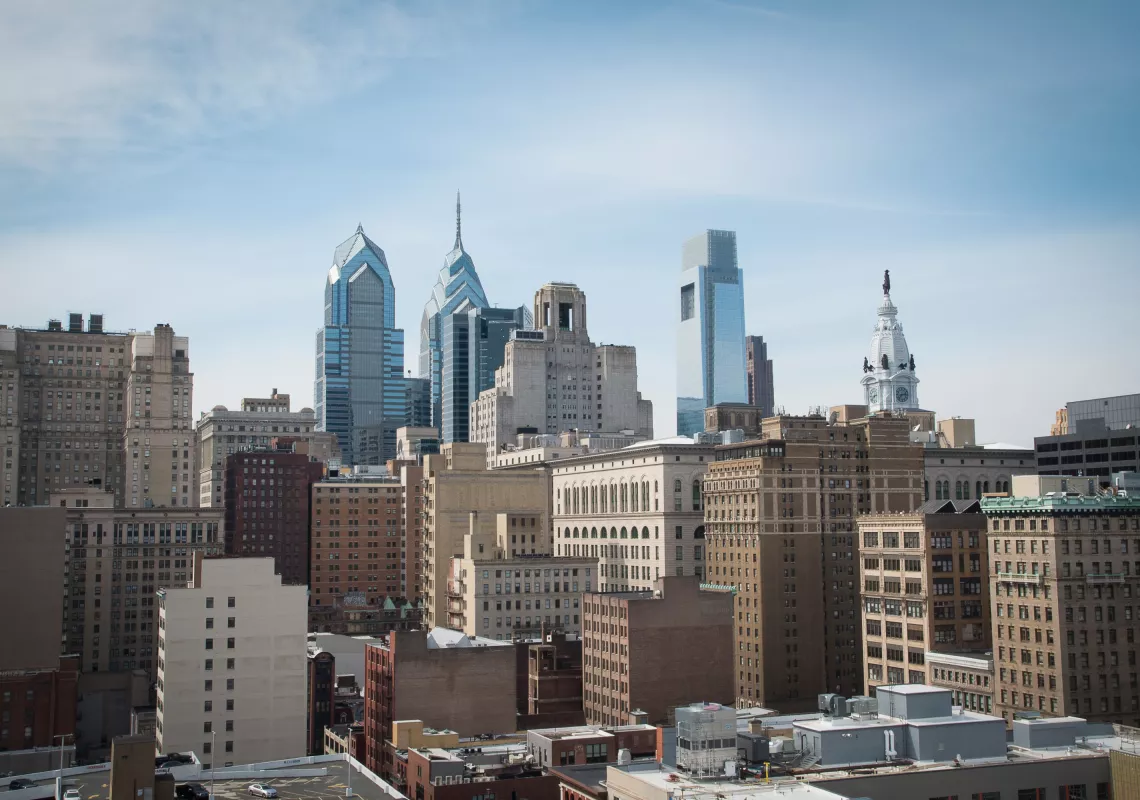
Tri-Co Philly: A City of Homes: Housing Issues in Philadelphia
This class investigates the unique history of housing in Philadelphia. We will cover the problems the city has faced and still faces in providing affordable housing, fair access to housing and creating diverse and vibrant neighborhoods and its great legacy of innovation in this area.
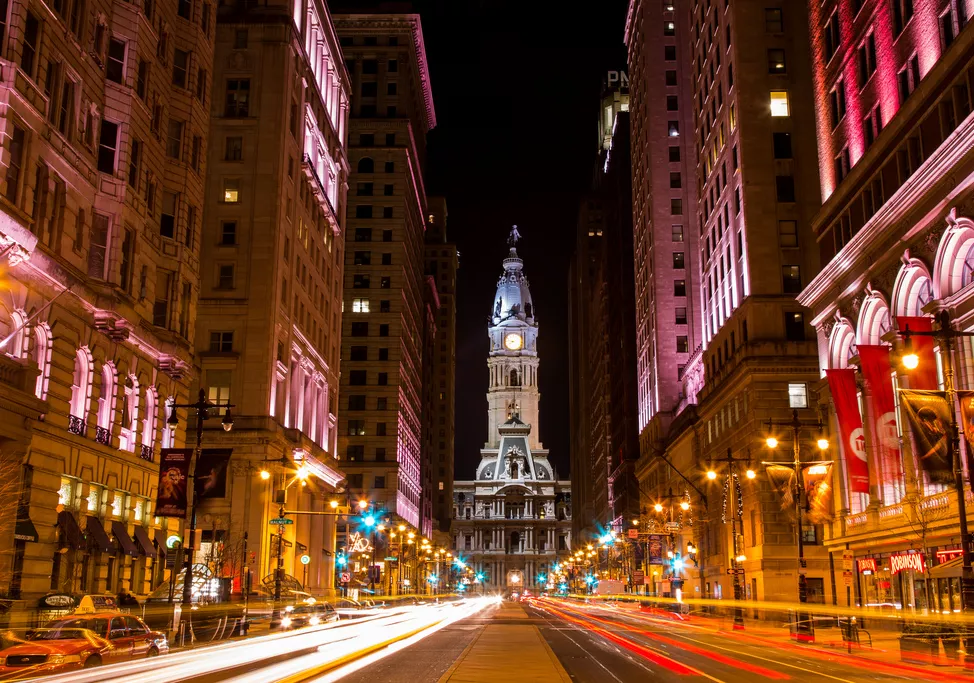
Tri-Co Philly: Access to Finance: Why Low-Income Households and Small Businesses in the US lack the financial products they need - a Philly Perspective
This course aims to look at the importance of access to finance to small businesses and low and moderate income households, identifies how and why this access is lacking and examines efforts to address this issues.
Fall 2024
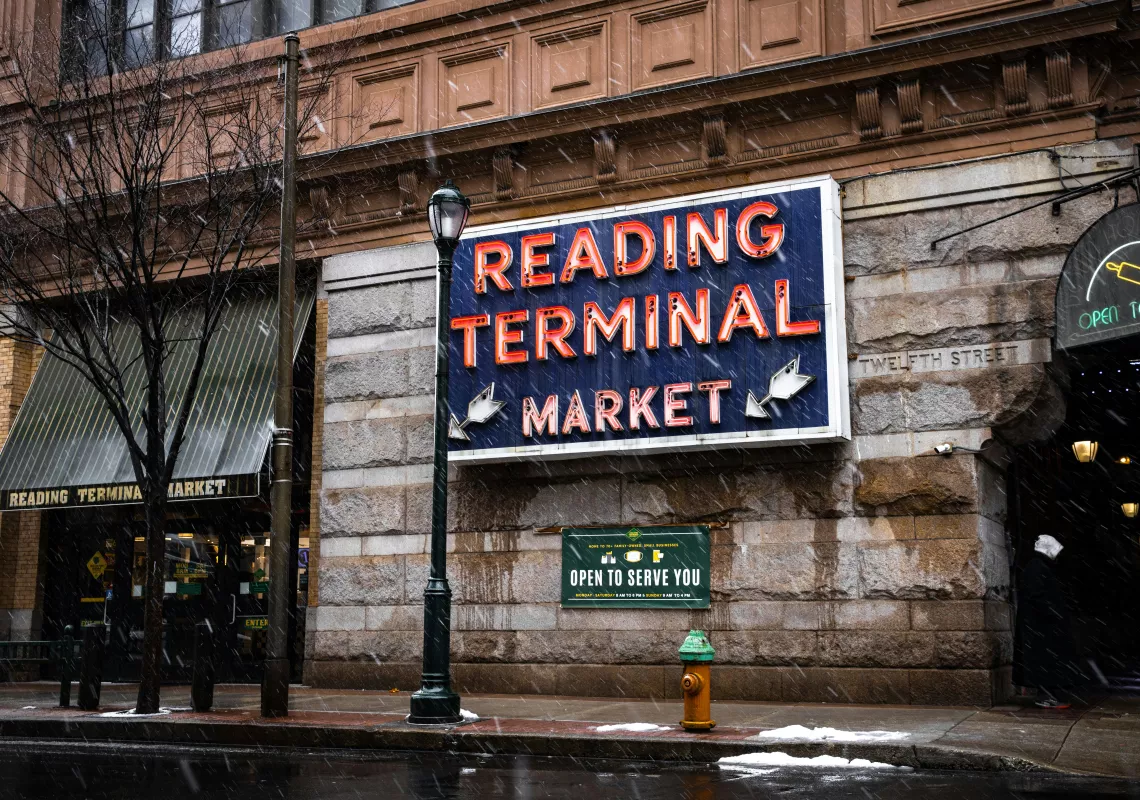
Tri-Co Philly: Food Cultures in Philadelphia
This course will explore the deep history of dining in Philadelphia, from Lenape foodways to the skills of Hercules Posey – George Washington’s enslaved chef – to the recent participation of Philadelphia cooks and restaurateurs in social justice movements.
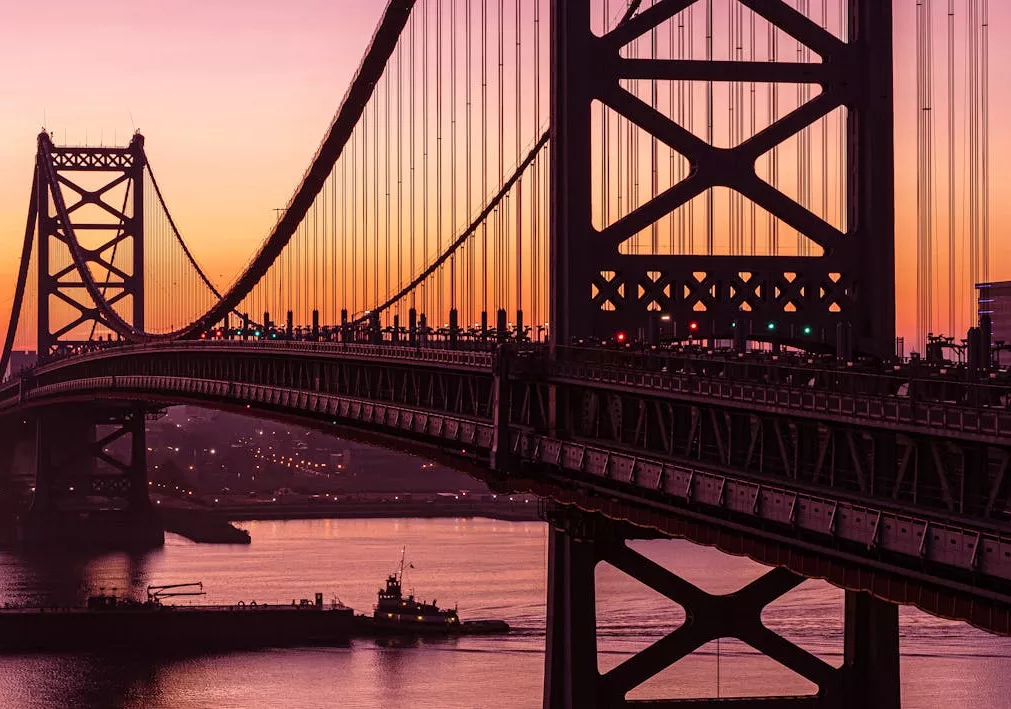
Tri-Co Philly: Grassroots Economies: Creating Livelihoods in an Age of Urban Inequality
The aim of the course would be to examine the political and economic constraints generated by poverty and racial and class segregation in contemporary urban environments and how grassroots economic initiatives rooted in mutual aid often fill the gaps and provide alternative ways to meet needs and generate supportive community.
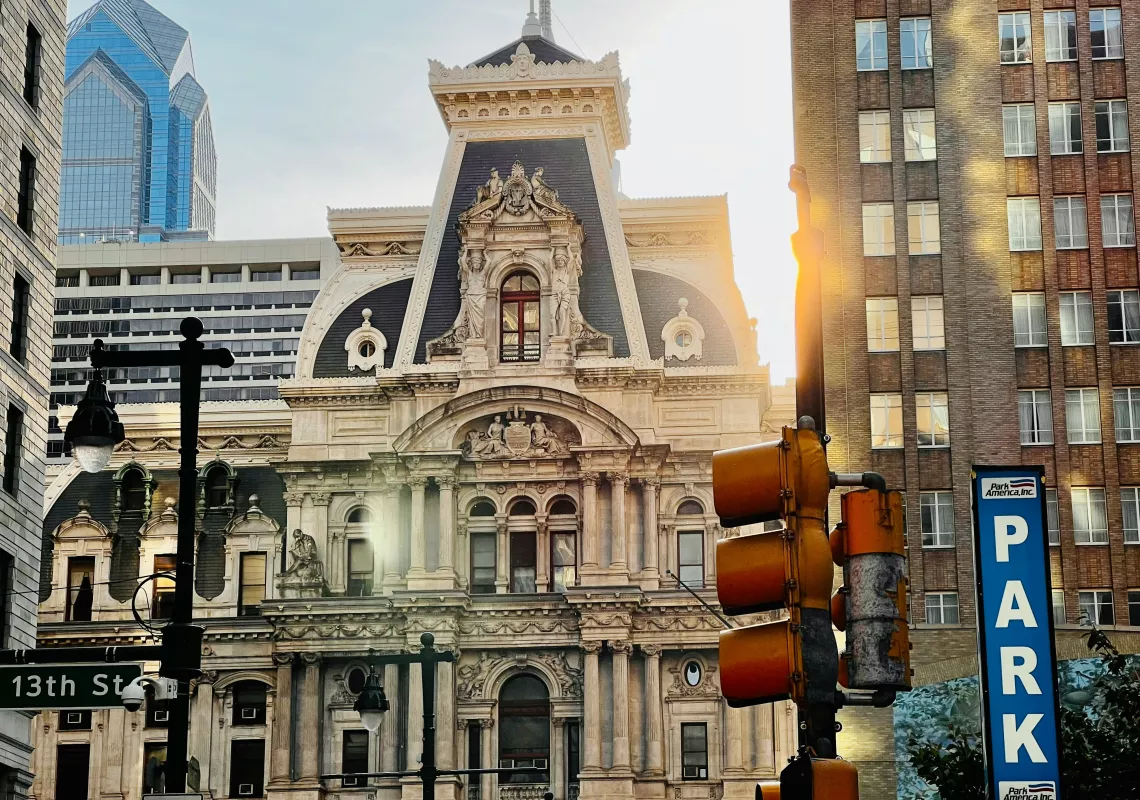
Tri-Co Philly: Philadelphia and the 2024 Election
This course will cover, as the title suggests, the role of people and political organizations in Philadelphia in the 2024 Election as it is happening. We will work together to understand how people understand politics, and how political campaigns, PACs, and non-profit organizations work to persuade and mobilize potential voters.
Spring 2024

Tri-Co Philly: History & Politics of Punishment: The School to Prison Pipeline
This inter-disciplinary upper-level seminar will explore the complex school policies, teacher instructional decisions, as well as historical, political, social, economic, cultural, and structural forces that have given rise to documented reality of the “school-to-prison pipeline.”
Fall 2023
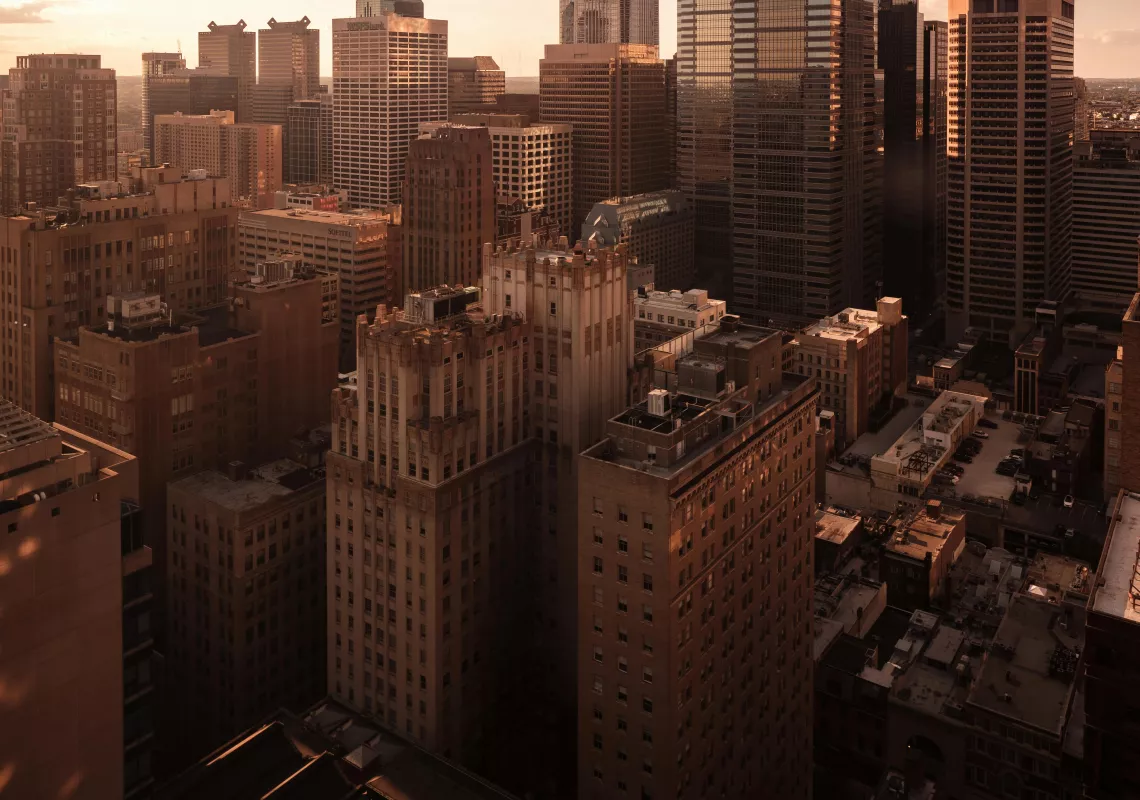
Tri-Co Philly: Public Art, Historical Preservation and the Ethics of Commemoration
What is public art? What is public space? What is the role of public art in a democracy? Does the fact that something is historically significant give us a reason to preserve it? Which historically significant things should we preserve and why? What is the moral value of commemorative art? How should we assess controversies surrounding the removal of art honoring persons or groups we now judge to be morally objectionable? How best should we memorialize victims of injustice?
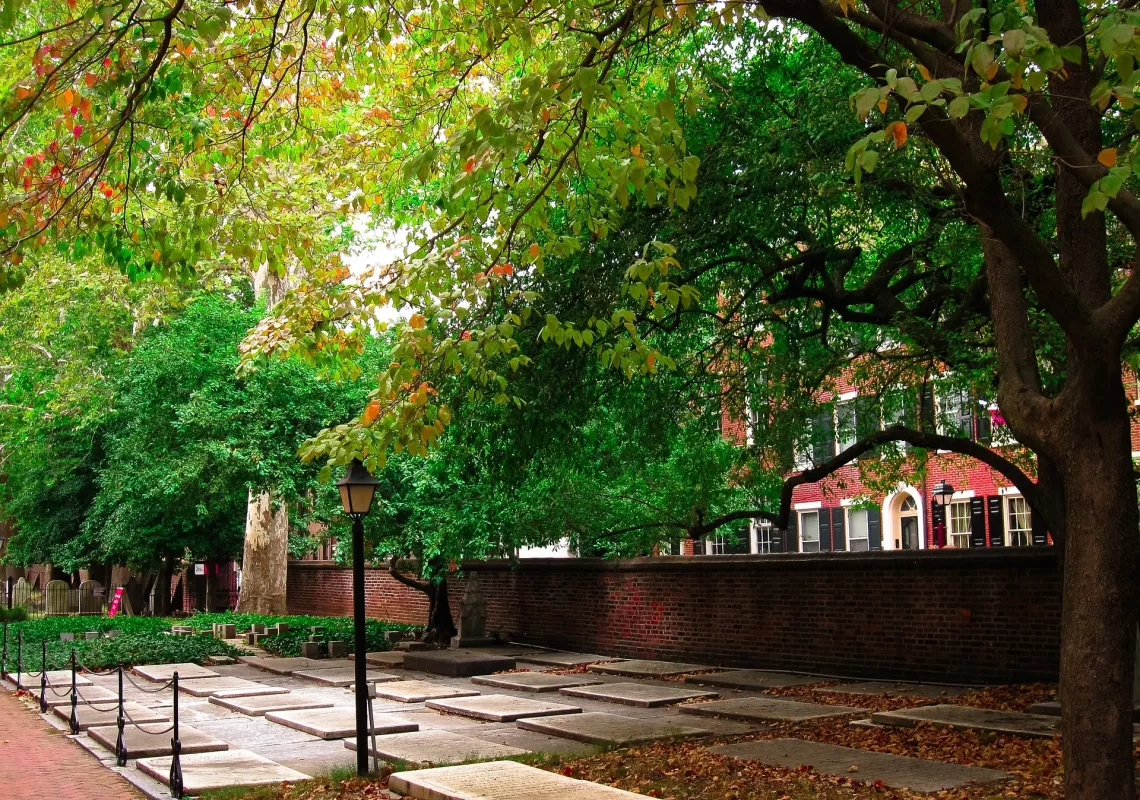
Tri-Co Philly: Environmental Justice: Ethnography, Politics, Action/Philadelphia
An introduction to the history and theory of environmental justice, an interdisciplinary field that examines how inequalities based on race, class, ethnicity, and gender shape how different groups of people are impacted by environmental problems and how they advocate for social and environmental change.
Connect with Tri-Co Philly on Instagram

Tri-Co Philly: Contemporary Art & Film in Philadelphia

Tri-Co Philly: Contemporary Art & Film in Philadelphia

Tri-Co Philly: Art and Culture of Indigenous Philadelphia: From Shackamaxon to the Present
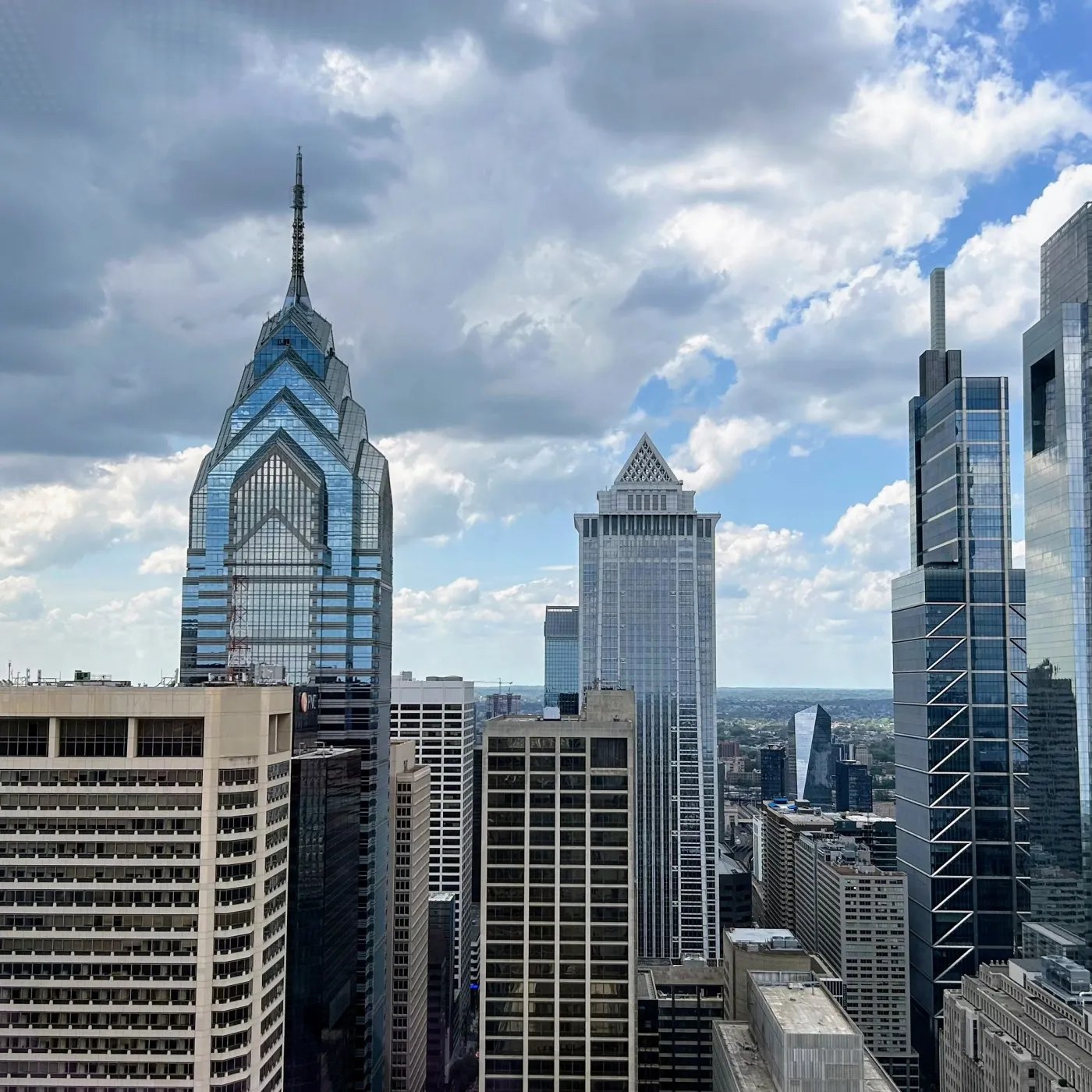
Contact Us
Tri-Co Philly
Calista Cleary
Tri-Co Philly Program Director
610-795-1576
ccleary@brynmawr.edu
